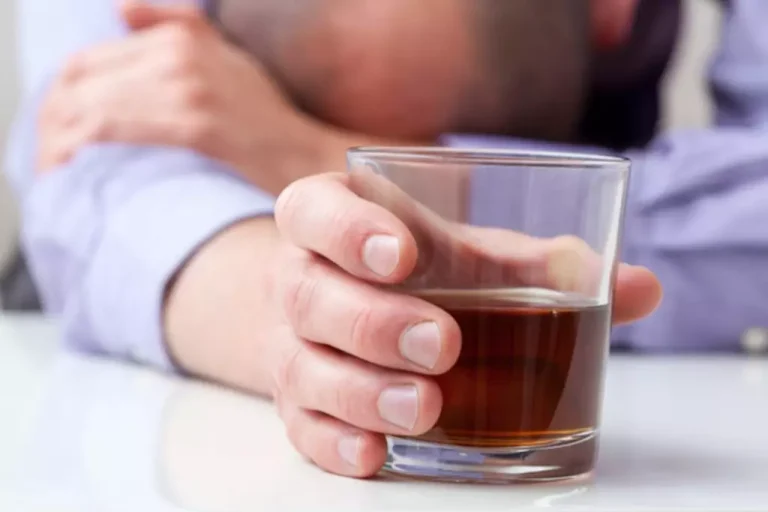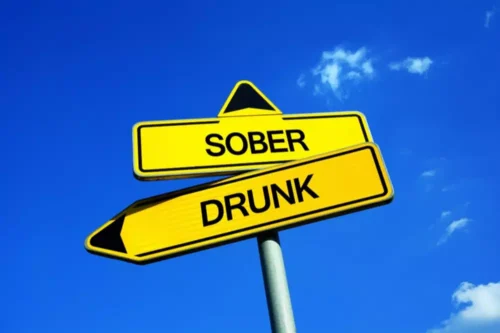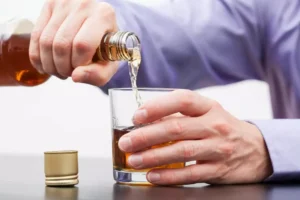
Recognize that cravings are inevitable and do not mean that a person is doing something wrong. • Unpleasant feelings including hunger, anger, loneliness, and fatigue. Contributors to this article for the NIAAA Core Alcohol Relapse Resource on Alcohol include the writers for the full article, content contributors to subsections, reviewers, and editorial staff. These contributors included both experts external to NIAAA as well as NIAAA staff.
- But you can learn how to ease stress, avoid risky situations, and manage your disease.
- For a fuller list of behavioral changes, see the warning signs listed below.
- The groups for family and friends listed in the “Resources” section may be a good starting point.
How Common is Alcohol Relapse?
Clients sometimes think that they have been so damaged by their addiction that they cannot experience joy, feel confident, or have healthy relationships [9]. They are caused by insufficient coping skills and/or inadequate planning, which are issues that can be fixed [8]. Clients are encouraged to challenge their thinking by looking at past successes and acknowledging the strengths they bring to recovery [8]. It’s also necessary to schedule regular opportunities for fun. Also critical is building a support network that understands the importance of responsiveness.
- Avoidance is an excellent coping strategy if you know that you are likely to run into danger.
- In addiction, relapse occurs when a person resumes drug or alcohol use after a period of sobriety.
- Having occasional cravings or thoughts of drinking is normal during recovery.
- The counselor provides information about the individual’s drinking pattern and potential risks.
Mitch’s Story of Overcoming Chronic Relapses
Remember that there’s no time limit on reaching out for help. Recovery is lifelong, and a relapse can happen at any time, even after years of not drinking. With a slip-up, you might have a drink, but you quickly realize it’s the wrong path for you, and it doesn’t go further.

The 4 Stages of Alcohol Recovery: A Path to Healing
- Many people seeking to recover from addiction are eager to prove they have control of their life and set off on their own.
- Third, the main tools of relapse prevention are cognitive therapy and mind-body relaxation, which change negative thinking and develop healthy coping skills [3].
- For more information on a return to drinking, see An Ongoing Process.
- People will often go through treatment and have a period of sobriety.
- But as part of their all-or-nothing thinking, while they were working, they felt they didn’t deserve a reward until the job was done.
This CME/CE credit opportunity is jointly provided by the Postgraduate Institute for Medicine and NIAAA. In some people, the initial reaction may feel like an increase in energy. But as you continue to drink, you become drowsy and have less control over your actions. By Buddy TBuddy T is a https://ecosoberhouse.com/ writer and founding member of the Online Al-Anon Outreach Committee with decades of experience writing about alcoholism. Because he is a member of a support group that stresses the importance of anonymity at the public level, he does not use his photograph or his real name on this website.
About This Article

It is generally felt that big changes should be avoided in the first year until individuals have enough perspective to see their role, if any, in these issues and to not focus entirely on others. One of the important tasks of therapy is to help individuals redefine fun. Clinical experience has shown that when clients are under stress, they tend to glamorize their past use and think about it longingly. They start to think that recovery is hard work and addiction was fun. They begin to disqualify the positives they have gained through recovery. The cognitive challenge is to acknowledge that recovery is sometimes hard work but addiction is even harder.

Stage 1: Emotional Relapse
Core Resource on Alcohol
Why Should We Be Concerned About AUD and Alcohol Addiction?

